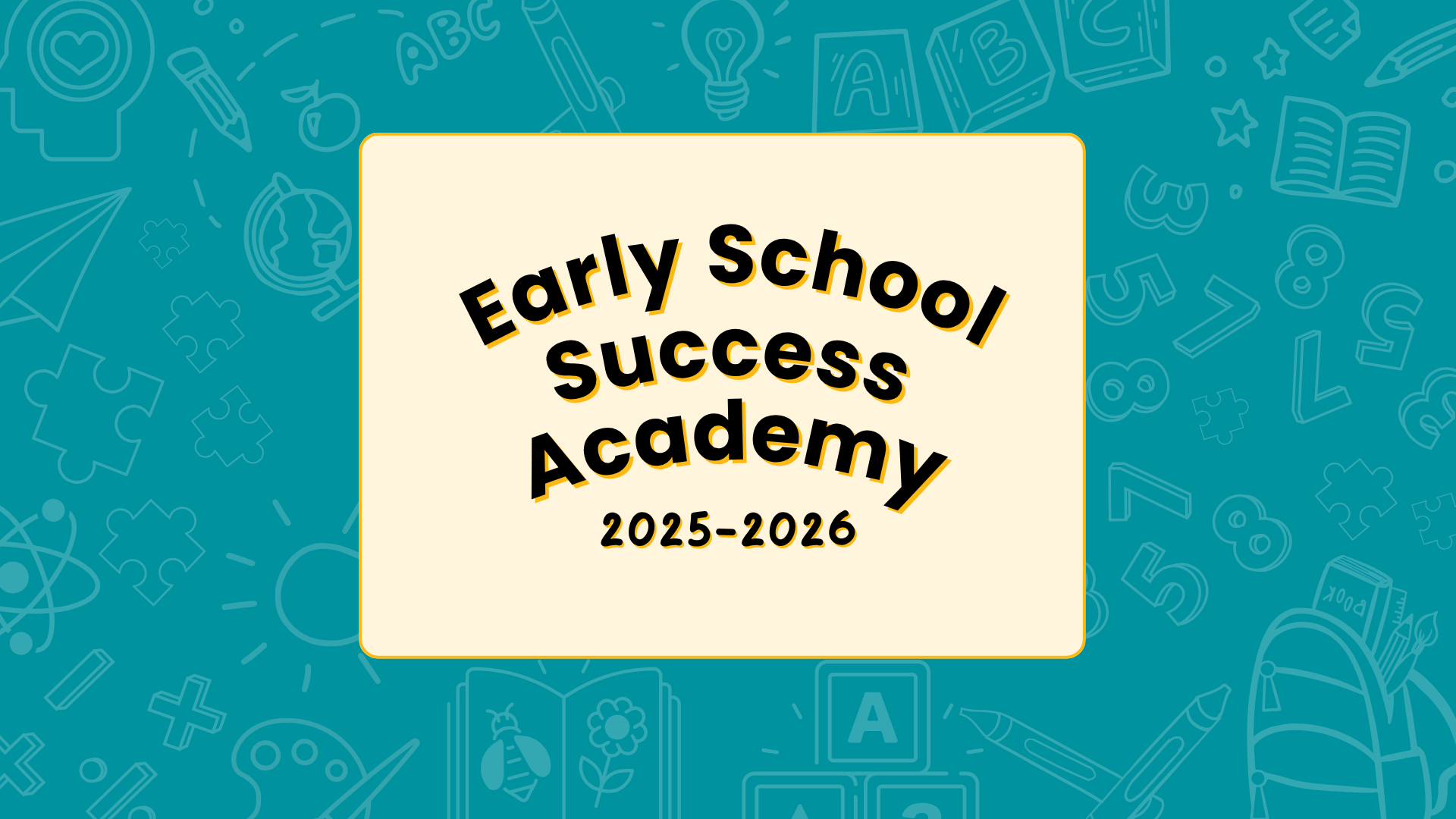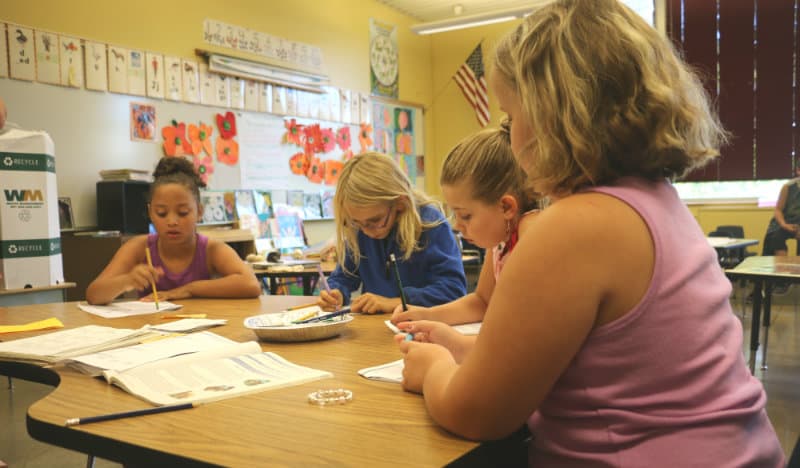
Educators and parents of school-aged children are likely familiar with the term “summer slide”— the loss of skills and knowledge kids can experience over summer vacation. The impact is widespread, with 90 percent of teachers spending at least three weeks every fall re-teaching old material, according to surveys by the National Summer Learning Association.
But the summer slide is steeper for some children than others: according to the RAND Corporation, children from higher-income backgrounds actually gain ground in reading over the summer, while children from low-income families fall behind. A study conducted by researchers at Johns Hopkins found that two-thirds of the achievement gaps observed between 9th graders from low-income backgrounds and their higher income peers can be traced to summer learning loss.
Income-based achievement gaps are, in reality, opportunity gaps. A recent report from the U.S. Department of Education found that rising first-graders from low-income families were less likely than their more affluent peers to engage in learning activities over the summer including math, writing, and reading, or to visit museums, libraries, and historic sites.
To prevent summer slide and the resulting achievement gaps, we must provide children from low-income families with access to summer learning opportunities, and we must start early. This summer, we visited programs in Southeast Portland and Douglas County to learn more about their approach to providing young students with summer learning opportunities.
Summer Bookworms at Earl Boyles Elementary
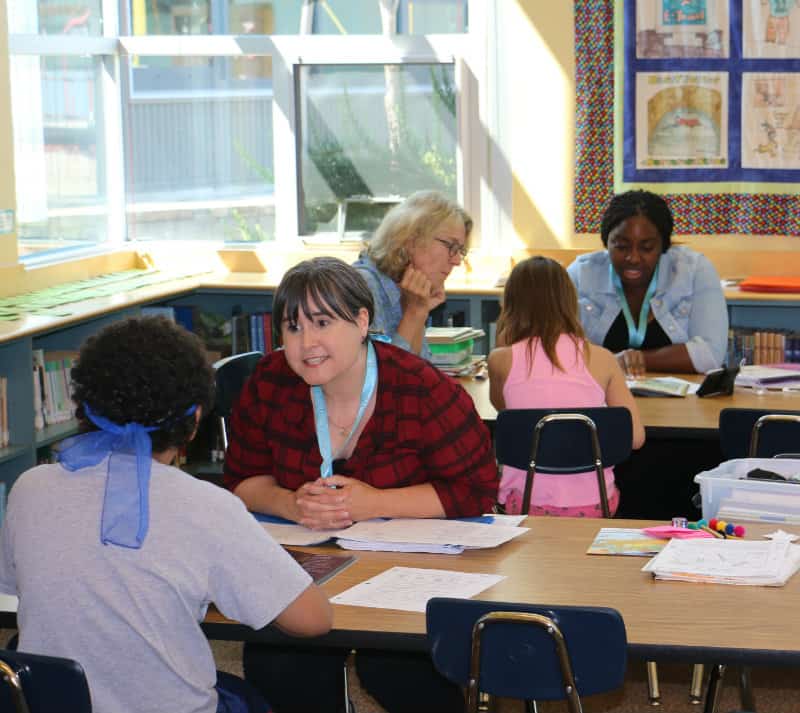
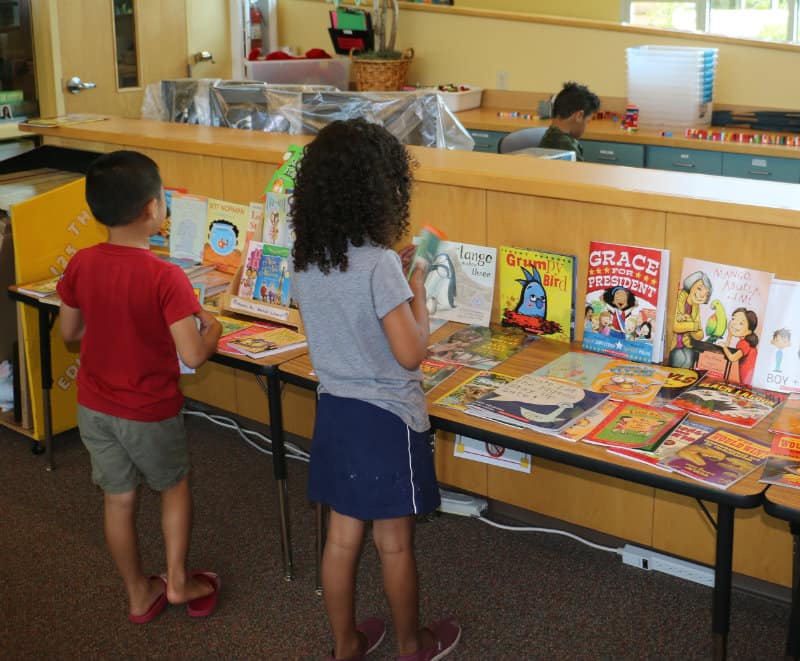
Summer Play to Learn in Douglas County
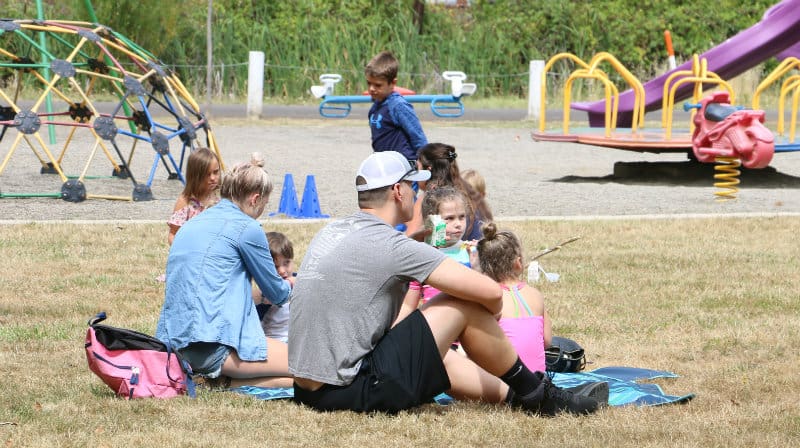
The teachers leading the program are equally enthusiastic. “I just had an amazing moment in the reading tent with one of my students from last year,” kindergarten teacher Kaaron Lyons told us. “We got to read together and for me as a teacher, it was so amazing to see what she’s learned!”

For more on the SMART program and their role at Earl Boyles Elementary this summer, check out our podcast conversation with SMART’s executive director and program manager.

